Undergraduate Majors & Minors
Choose A Career Where You Can Make A Difference
Do you want to work with people, but not sure what that looks like? Maybe as a teacher or an advocate for children, families and vulnerable populations? The College of Education and Human Development offers 4 majors and 6 minors to prepare you to work with people in the critical fields of education, human services and human relations administration.
Can’t Decide On A Major?
You can schedule an appointment with our Student Services unit to help you find an undergraduate major, minor or concentration to fit your anticipated career path.
Help Support Children, Families & the Community
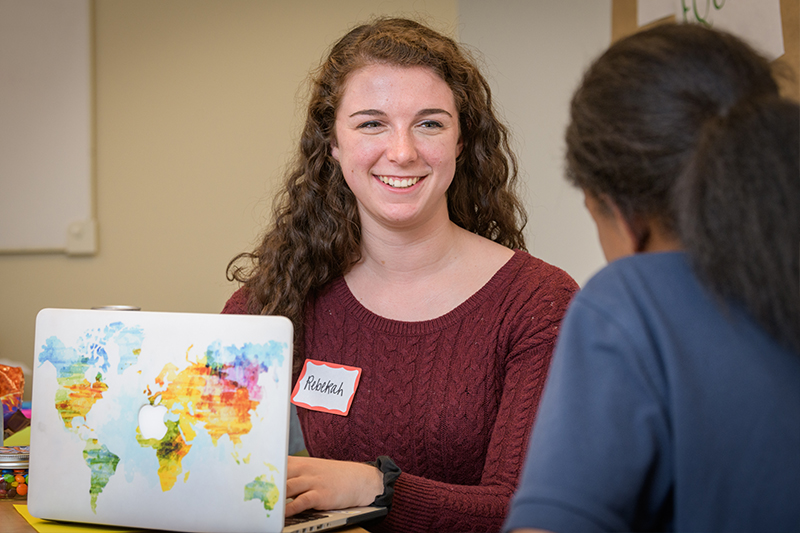
Students in the Human Services program are able to individualize their program of study by selecting one of several concentrations, designed to assist and support people of all ages and abilities. This allows each student to determine the type of service they want to offer, based on their career interests or strengths. Students emerge prepared to manage community-based programs, implement public policies benefiting at-risk populations, assist people with disabilities, oversee health and wellness initiatives, provide early childhood intervention or empower people in any number of fields.
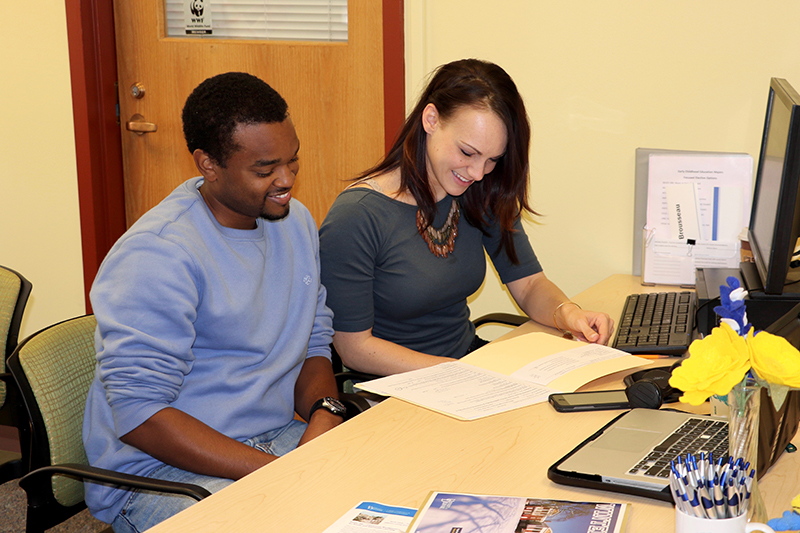
Students in the Human Relations Administration major complete course work and field placements in preparation for careers in the growing field of human resources in both for-profit and not-for-profit sectors. The major is designed to provide students with the skills necessary to facilitate critical workplace training and development, manage employee relationships, enhance staff motivation and navigate important legal aspects of workplace administration including diversity and inclusion.
Become A Teacher
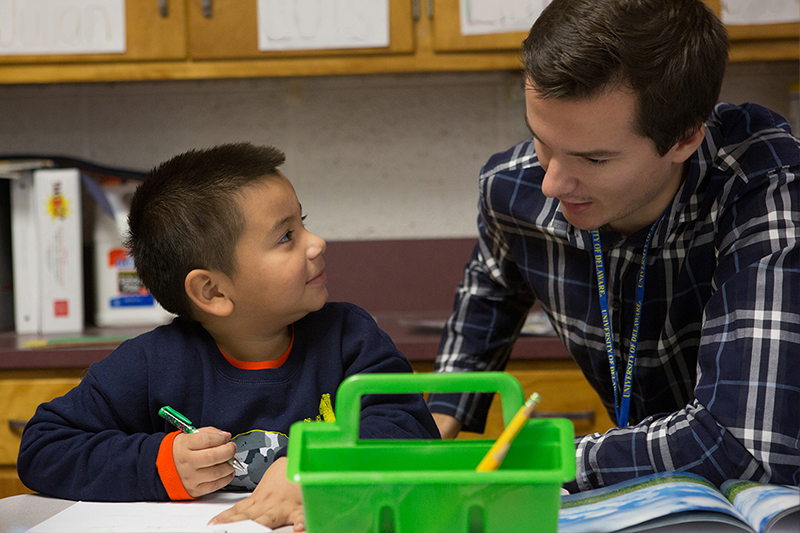
The B. S. in Early Childhood Education with dual certification in Early Childhood Special Education is designed for students who want to teach and care for young children in schools, child care or inclusive settings. Our curriculum includes extensive practicum experience at CEHD’s Early Learning Center, Lab School and local public schools. Students learn about children’s typical development stages and the development of young children with disabilities, while putting into practice techniques to educate and support children and their families.
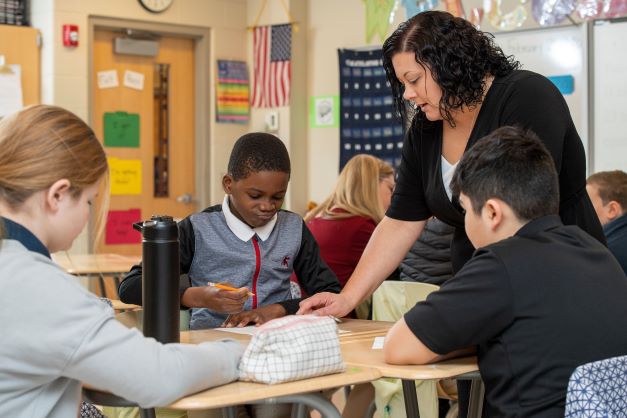
The B.S.Ed. in Elementary and Middle School Teacher Education (formerly Elementary Teacher Education) prepares elementary, middle school and special education teachers to meet the challenges of educating today’s diverse student population. Students are eligible for teacher certification in elementary and middle school education, and in an area of concentration in one of the following six areas: multilingual learner language, middle school English, middle school mathematics, middle school science middle school social studies and special education. They gain practical experience in the classroom, co-teaching for two semesters in local schools.
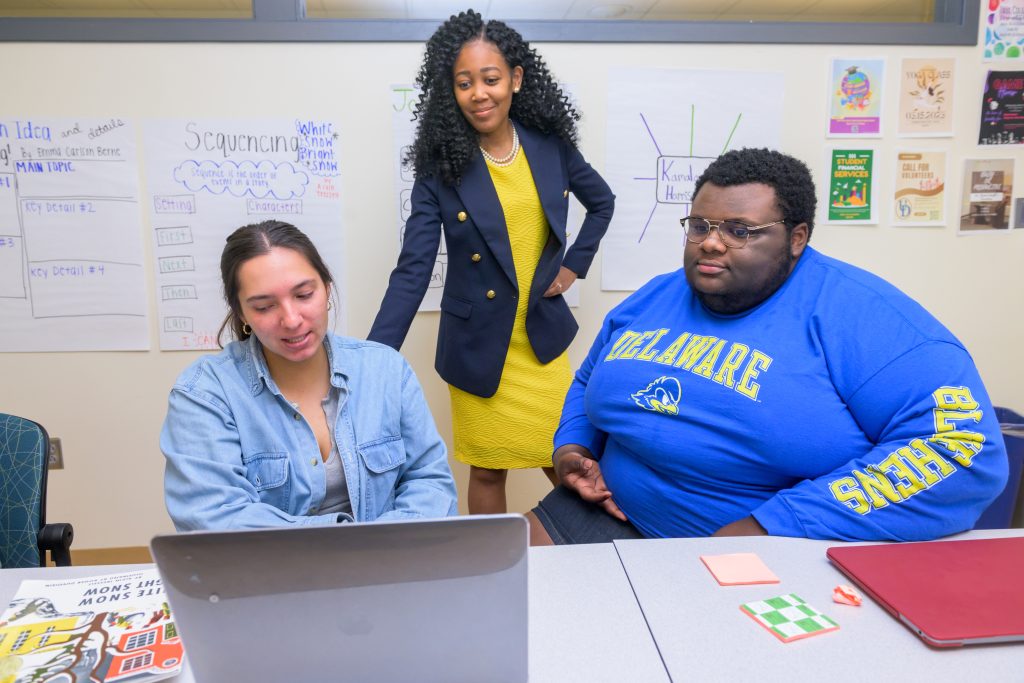
The Associate in Arts in Elementary and Middle School Teacher Education is offered in Wilmington, Delaware and on our Georgetown campus in southern Delaware. Students may use the SEED scholarship to cover the cost of tuition. This program is equivalent to the first two years of the B.S.Ed. in Elementary and Middle School Teacher Education. Students who successfully complete their A.A. degree can transition to our Newark campus to complete their B.S.Ed.
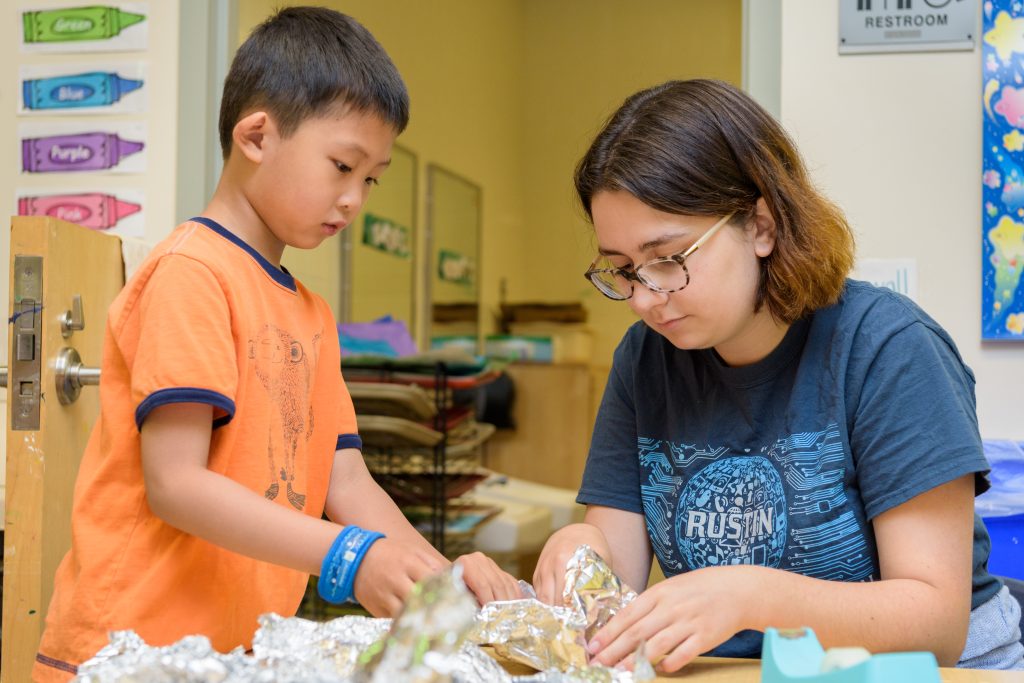
The Associate’s degree in Early Childhood Education is offered online and on our Wilmington campus, designed for both working professionals and full-time students. This degree gives students the skills and knowledge necessary for delivering high-quality early care and education for children from birth to age 5 in center-based and home-based settings.
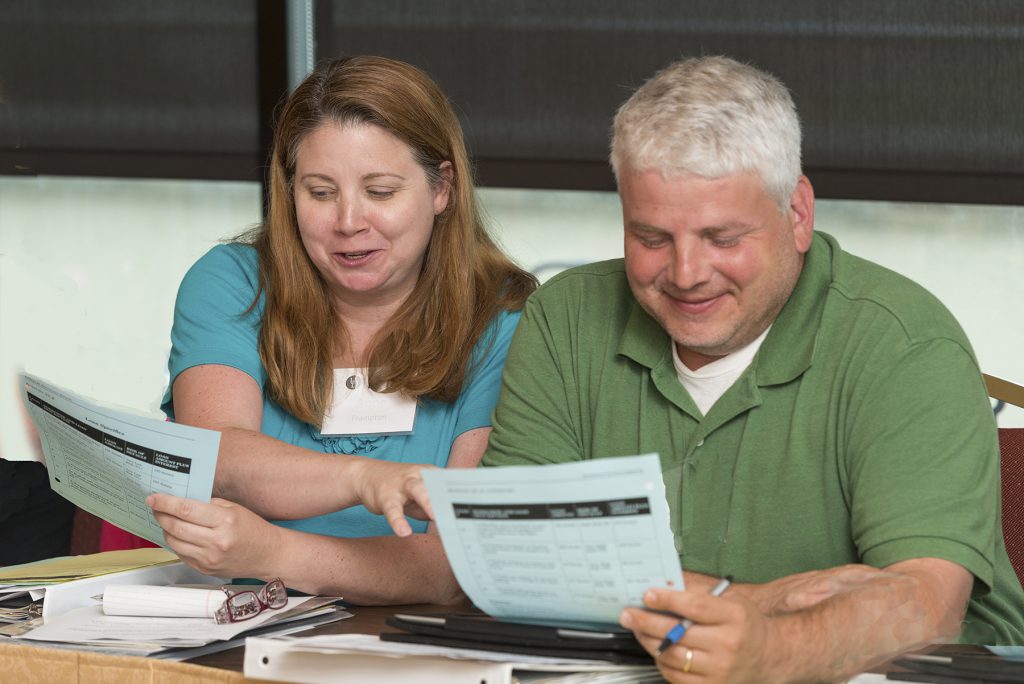
ARTC offers an alternative to the traditional route to teacher certification in Delaware. Professionals interested in becoming a teacher can complete certification requirements while they are employed as full-time teachers, through a state-approved program of professional education course work, accompanied by intensive, school-based supervision and mentoring in lieu of student teaching.
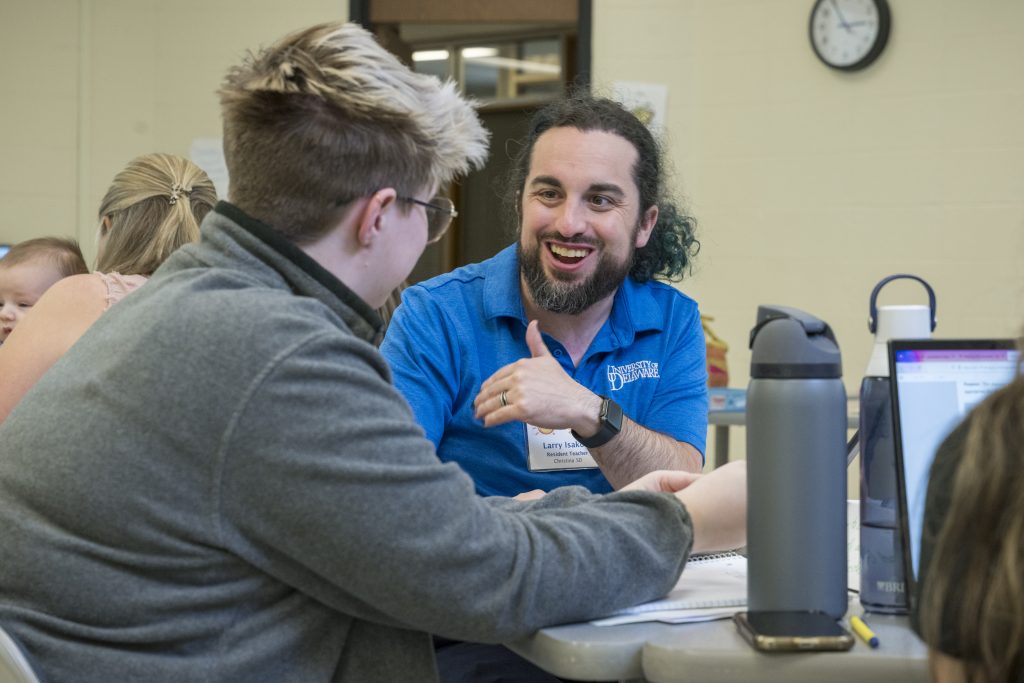
Visit UD’s Secondary Teacher Education webpage if you are interested in teaching a specific subject in grades 7 – 12. Undergraduates can earn a bachelor’s degree in their content area through their specific College, while completing pre-professional education courses and serving in semester-long field experiences that prepare them to teach.
Minors
Disability Studies is the most popular minor on campus. Students from all majors can learn about the policies, services and systems that support people with disabilities in all aspects of community life.
Educational Studies students learn about the field of education, including American education, human development, special education and cultural diversity.
Students in the Educational Technology minor receive theoretical grounding and practical experience using technology to improve teaching and learning in real-world situations. This program will benefit educators working in schools or professionals looking to create effective e-learning environments within their organization.
An HDFS minor provides students of all majors the opportunity to explore topics that affect us all–child, youth and lifespan development; marriage, parenting and families; interpersonal and mentoring relationships; and change and growth within diverse communities.
HDFS, in conjunction with Behavioral Health and Nutrition, created the Medical Social Services minor to help students interested in providing assistance to patients and their families to access community, social services and healthcare resources.
Students in the Race, Culture, and Equity in Education Minor explore the cultural and language diversity in high population settings and learn to create educational environments that address the needs of urban school children.



